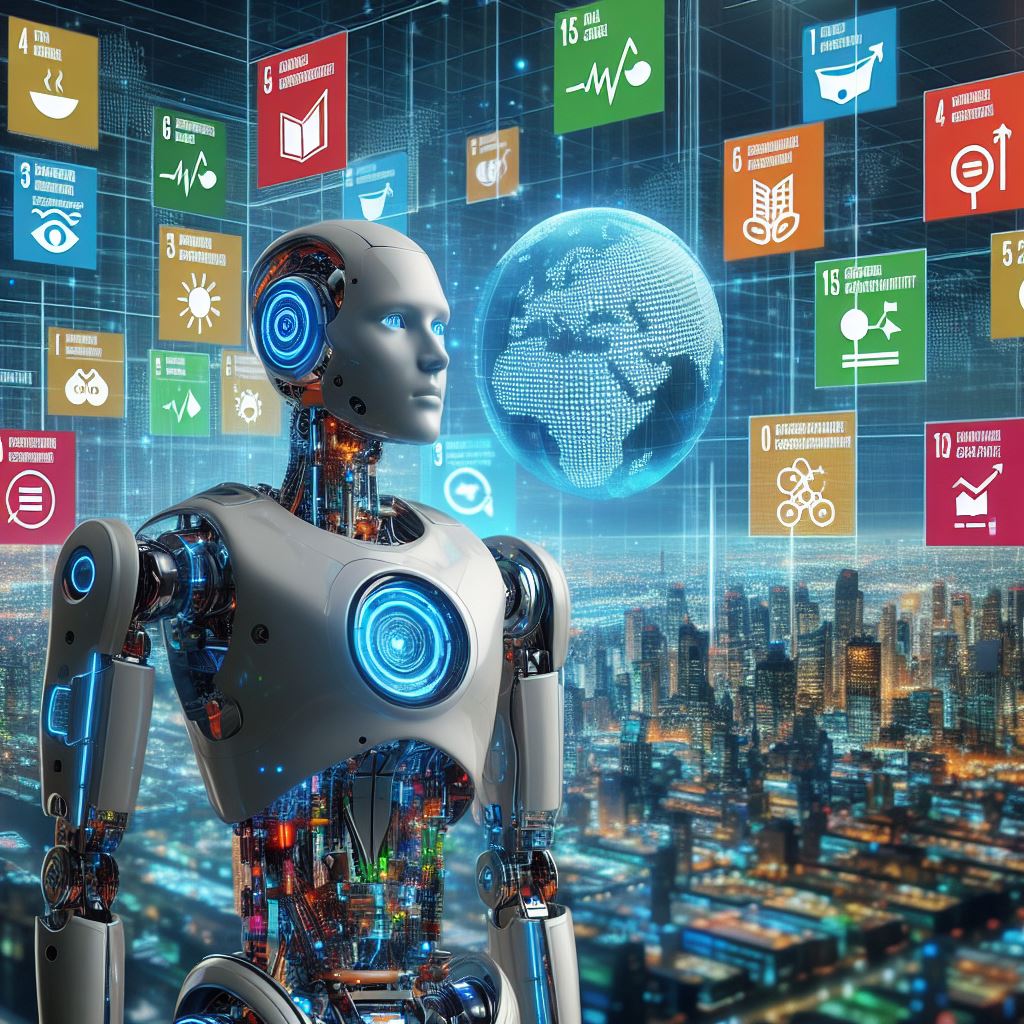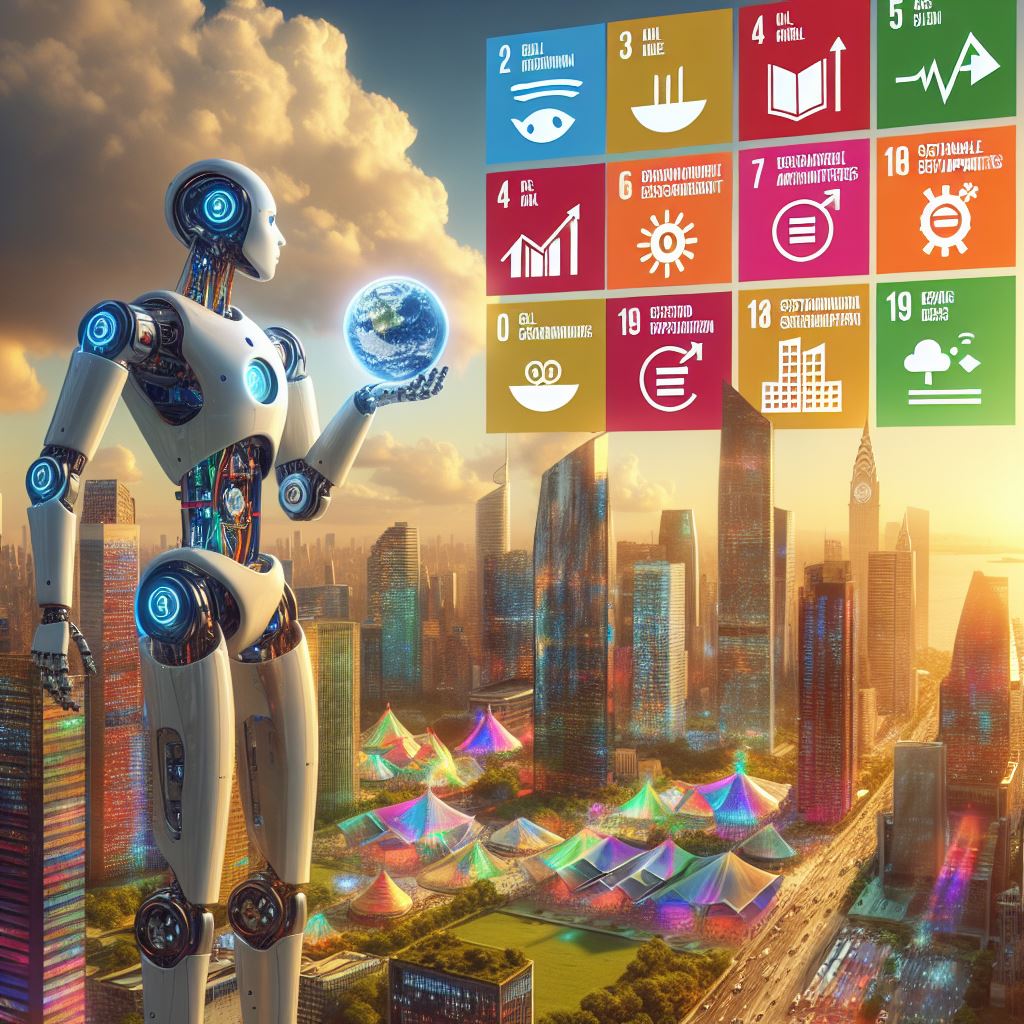Why robots are good for the planet
Robots are revolutionizing sectors from food to construction, enhancing efficiency. However, their economic, social, and environmental impacts are still being assessed. An international group of experts analyzed the current generation of robots and their influence on the SDGs.

The impact of robotics on productivity and inequality
Automation leads to higher productivity and thus strengthens economic growth, especially in regions with a labor shortage. Exoskeletons and cobots improve employee safety and ergonomics, while robotic protheses support workplace inclusivity for people with physical disabilities.
However, there is a risk of increased inequality as robotics may quickly eliminate jobs for vulnerable, less-educated groups, and alter job content. Lifelong learning becomes essential. Additionally, significant investments in robotics might shift labor activities from low-wage to industrialized countries, potentially exacerbating global inequality.

Driving health, education and security with robotics
Can robots help end world hunger? While that remains uncertain, robots enable sustainable agriculture paradigms like precision farming. In medicine, robotic surgery allows for less invasive, precise procedures, and exoskeletons assist patients with mobility. Drones deliver medical supplies to hard-to-reach areas. In education, robots enhance learning through innovative methods.
At work, robotics can reduce gender inequality by sharing physically demanding tasks. Autonomous vehicles promote safer, inclusive mobility, while robots enhance safety by detecting and neutralizing explosives.
The role of robotics in ecosystem monitoring
Robots excel at gathering data in hard-to-reach places, improving ecosystem monitoring, disaster prevention and emergency responses. For example, autonomous robots monitor water quality and algae blooms and inspect critical infrastructure like pipelines.
Robotics significantly impact society, economy, and environment, though they alone can't solve global problems. Research helps identify where robots can contribute to sustainability and calls for proactive engagement from education, civil society and regulators as robotic presence grows.

